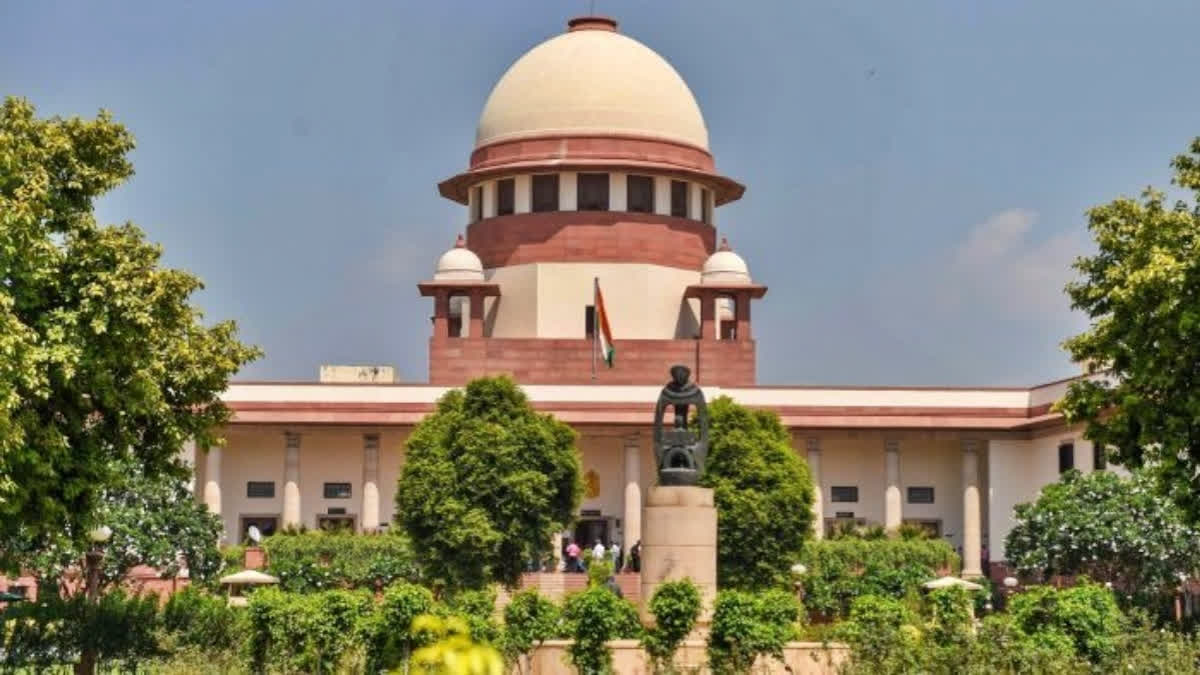New Delhi: The Supreme Court on Monday declined to interfere with the Manipur High Court order for limited restoration of the internet in the violence-hit state.
A bench headed by Chief Justice of India DY Chandrachud granted the liberty to the Manipur government to move the high court and inform it about the difficulties the government would face while implementing the order.
Solicitor General Tushar Mehta, representing the Manipur government, submitted before the bench, comprising justices P S Narasimha and Manoj Misra, that the question of internet is sometimes open and then sometimes it is not and urged the court that the internet issue can be left on the discretion of the government on these grounds.
The top court said the state government can cite its difficulties to the high court and noted that the high court is already looking into the case. The plea is slated to come up for hearing later this month. Mehta expressed apprehension regarding coercive action against officials on non-compliance of the high court order. The top court assured Mehta, “we are always here”, and granted liberty to the state government to move the high court. The Manipur government had moved the apex court against the Manipur High Court order for limited restoration of the internet.
Earlier in the month, the Manipur High Court had directed the state government to carry out physical trials to check the feasibility of providing internet service to mobile phones while ensuring the security of life and property of citizens. The court, which has asked for a detailed report, will hear the case on July 25. After hearing multiple PILs, a division bench of Justice A Bimol and Justice A Guneshwor Sharma said, "In the case of Fibre To The Home (FTTH) connections Internet service can be provided by the home department on a case to case basis" after ensuring compliance of the safeguards suggested by the committee.
The 12-member expert committee had informed the court that internet service could be provided through broadband connections, either through Internet Leased Line (ILL) or FTTH by ensuring "static IP, banning of Wifi/Hotspots from any of the routers or system, blocking of social media websites and VPNs at the local level, removal of VPN software from the system and prohibiting the installation of new software by any user and enforcing physical monitoring by the authority/officials concerned."



